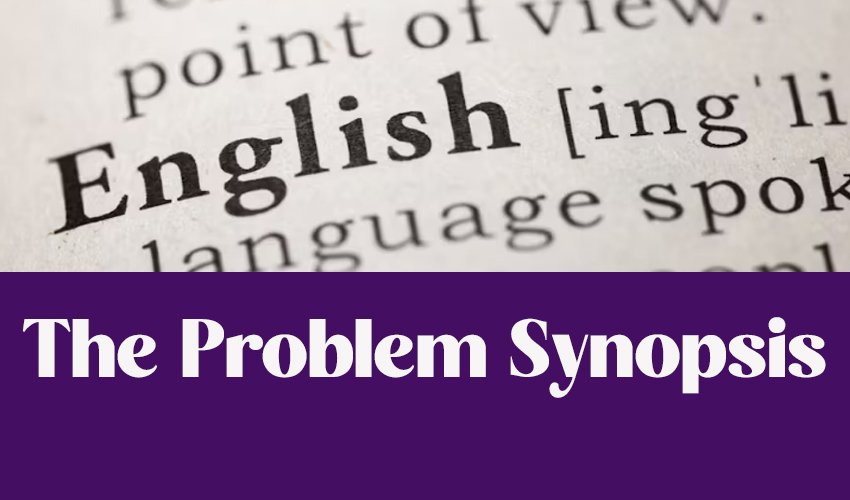In realizing the important role of English, Ministry of Education, Youth and Sport (MoEYS) of Cambodia paid high attention to make English language available for school girls and boys at basic education level. The primary objective is to provide students with Basic English communicative competence in order for them to fully participate and become productive citizens in the society (MoEYS, 2004).
However, to speak English well or reasonably well is challenging to many learners. SLA scholars have attributed a multitude of reasons as to why learning another language is an immensely complex phenomenon (Mitchell & Myles, 2001, p. 12); especially, the countries where English is not spoken as a medium of communication. The English speaking environment is very limited and perhaps exists only in the English classes (Cambodia Research Team, 2016). Due to the inadequate student- talking time, the students could not master their spoken English proficiency (Gan, 2013).
Furthermore, according to the course syllabus (UME, 2006), it seems not to be conducive to the spoken English skills since there is no Spoken English course and oral test is not included in the final examination. Most of the final tests are on reading, vocabulary, grammar and writing rather than listening and speaking. Such tests could not help learners to develop their spoken skills. As a consequence, the problems and difficulties of learners’ spoken English skills have not been identified. Then there would be no solution for the improvement of spoken English skills too.
In addition, in Cambodia, amongst other countries, grammar rules for outweigh learning to the point that many students tend to only be able to read and write (Brooks, 2015). Understanding the rules to some extent could not help learners to communicate well (Mareva & Nyota, 2012). They always stick to the rules and keep monitoring themselves while speaking. In more extreme situations, some teachers could not manage to provide learners with English instruction (Phin, 2014). As a result, learners are inevitably using their L1 more than L2 in their daily conversation with their classmates even in the classroom, and eventually, they are poor at Spoken English Skills.
Thus, it is doubtless that students are weak in speaking skills because they merely have inadequate time to practice learning English in the class. Consequently, learners are gradually reluctant to speak English even in the English class. They become more anxious and less motivated in English speaking (Krashen S. D., 1989). These outcomes may be partly caused by the differences in age (Dunlap & Weisman, 2006), gender (Nyikos, 2008) and levels of L2 proficiency (Genesee, Lindholm-Leary, Saunders, & Christian, 2006) among them. The same things happen to TESOL undergraduate students who learn English to be an English teacher. Still, they cannot speak English well. However, they are intensely motivated to learn English as for their future prospects. Hence, spoken English skills are extremely important for them, for they are compelled to speak only English in the classroom; otherwise, they will not be able to reach their aspirations; and most seriously, they may lose good job opportunities.
Therefore, there is a need to understand and discover the actual challenges TESOL undergraduate students encounter while studying and improving their spoken English skills, and the motivation they acquire to struggle for them.



